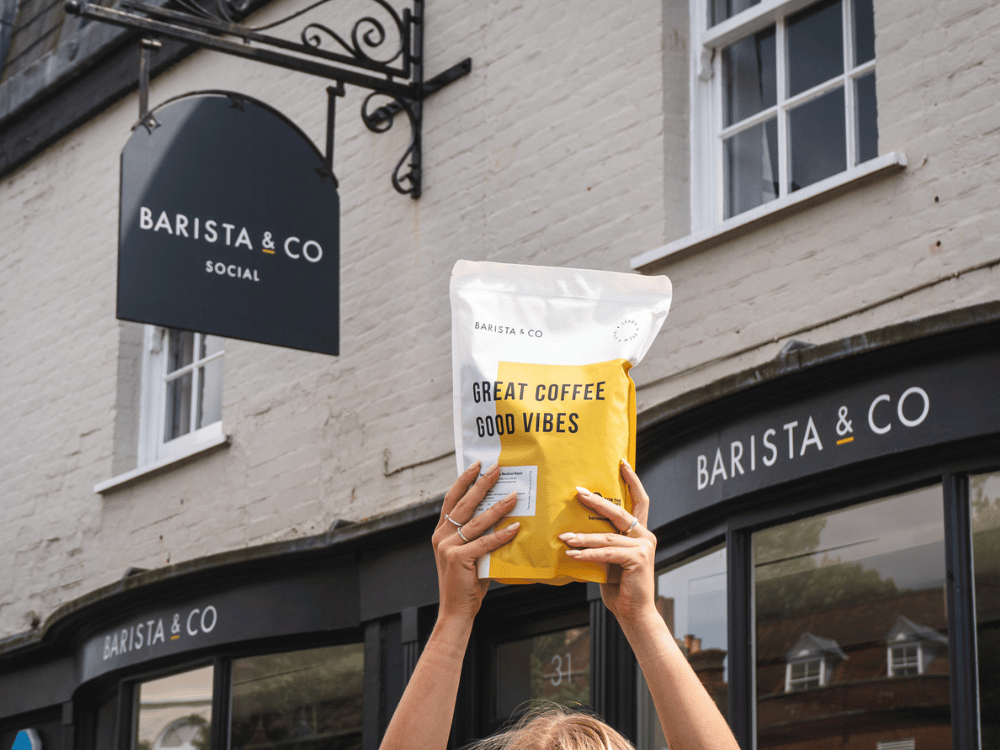Arabica and Robusta are two major species of coffee beans that differ in terms of flavour, growing conditions, and other characteristics. Here are some key differences between Arabica and Robusta coffee beans:
Flavour Profile:
Arabica: Generally considered to have a milder, more complex flavour profile with a range of nuances, including fruity, floral, and acidic notes. Arabica beans are often preferred by those who appreciate a smoother and more aromatic cup of coffee.
Robusta: Known for a stronger, more bitter taste with a somewhat earthy or woody flavour. Robusta coffee tends to have a higher caffeine content, contributing to its bold and robust taste.
Caffeine Content:
Arabica: Contains less caffeine compared to Robusta beans, making it a preferred choice for those who are sensitive to caffeine or enjoy a milder cup of coffee.
Robusta: Generally has a higher caffeine content, providing a more pronounced and energizing kick.
Growing Conditions:
Arabica: Thrives at higher altitudes with cooler temperatures, typically between 2,000 and 6,000 feet above sea level. Arabica plants are more susceptible to pests and diseases, requiring specific growing conditions.
Robusta: Grows at lower altitudes, usually between 600 and 2,000 feet above sea level. Robusta plants are hardier and more resistant to pests and diseases, making them easier to cultivate in a wider range of climates.
Plant Characteristics:
Arabica: The Arabica plant is more delicate and has oval-shaped leaves. It is generally taller and has a longer maturation time compared to Robusta.
Robusta: The Robusta plant is hardier with rounder and more robust leaves. It is a smaller plant and matures more quickly than Arabica, producing coffee cherries in a shorter time.
Acidity:
Arabica: Typically has higher acidity levels, contributing to a bright and vibrant taste in the cup.
Robusta: Lower acidity, resulting in a more straightforward and sometimes astringent flavour profile.
Price:
Arabica: Generally, Arabica coffee is considered more premium and often comes with a higher price tag due to its perceived superior flavour and the challenges associated with its cultivation.
Robusta: Tends to be more affordable, making it a common choice for mass-produced and instant coffee.
In summary, while Arabica and Robusta are both popular coffee bean varieties, they cater to different taste preferences and growing conditions, offering distinct characteristics in terms of flavour, caffeine content, and cultivation requirements. Many coffee blends are a combination of Arabica and Robusta beans, creating a balance between the desired qualities of each.

